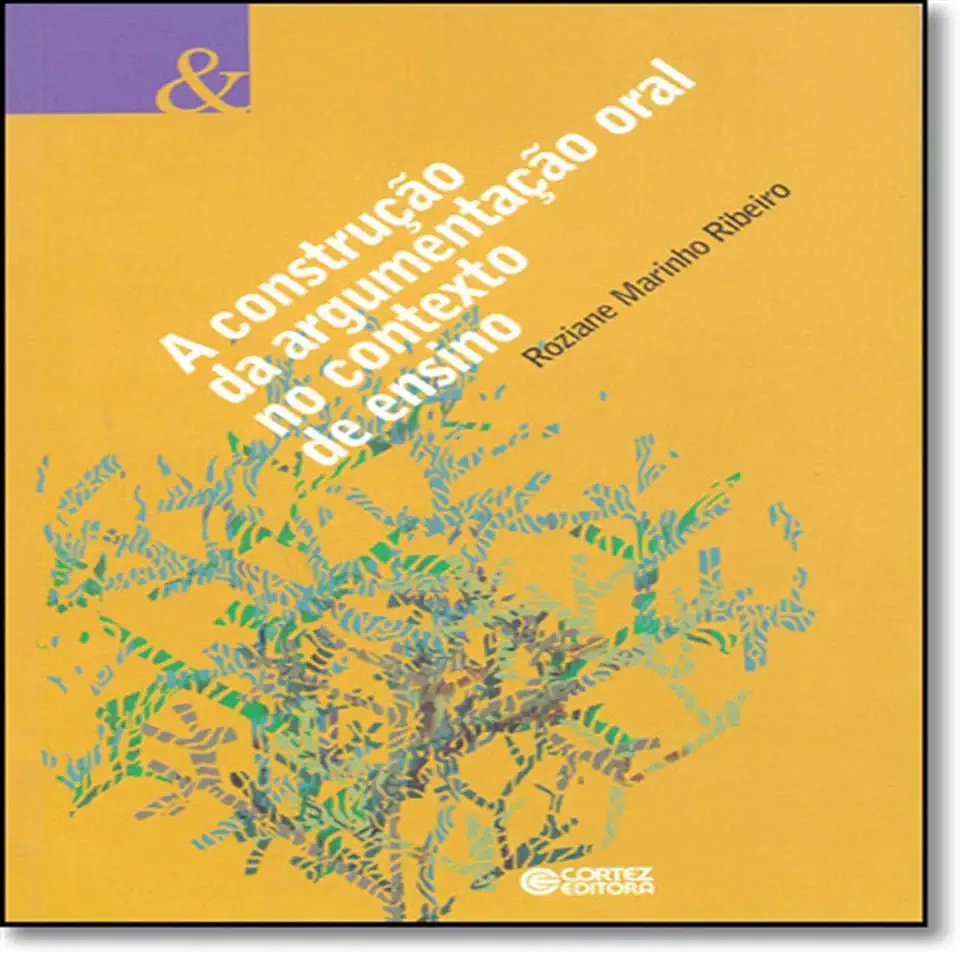
The Construction of Oral Argumentation in the Teaching Context - Roziane Marinho Ribeiro
The Construction of Oral Argumentation in the Teaching Context
Introduction
Oral argumentation is a fundamental skill for students to develop in order to succeed in academic and professional settings. It allows students to express their ideas clearly and persuasively, and to engage in critical thinking and problem-solving. However, many students struggle with oral argumentation, often due to a lack of practice and guidance.
The Importance of Oral Argumentation
Oral argumentation is an essential skill for students to develop for a number of reasons. First, it allows students to express their ideas clearly and persuasively. When students are able to articulate their thoughts effectively, they are more likely to be successful in communicating their ideas to others. Second, oral argumentation helps students to develop critical thinking and problem-solving skills. By engaging in oral argumentation, students are forced to think critically about their own ideas and the ideas of others, and to develop strategies for presenting their arguments in a persuasive manner. Third, oral argumentation helps students to build confidence and self-esteem. When students are able to successfully present their arguments, they feel a sense of accomplishment and pride. This can lead to increased confidence and self-esteem, which can benefit students in all areas of their lives.
Challenges in Teaching Oral Argumentation
Despite the importance of oral argumentation, many students struggle with this skill. There are a number of challenges that students face when learning oral argumentation, including:
- Lack of practice: Many students simply do not have enough practice with oral argumentation. This can be due to a number of factors, such as large class sizes, limited opportunities for speaking in class, and a lack of emphasis on oral argumentation in the curriculum.
- Fear of public speaking: Many students are afraid of public speaking, which can make it difficult for them to participate in oral argumentation. This fear can be caused by a number of factors, such as a lack of confidence, negative past experiences, or social anxiety.
- Lack of knowledge about argumentation: Some students simply do not know how to construct an effective argument. This can be due to a lack of instruction, a lack of practice, or a combination of both.
Strategies for Teaching Oral Argumentation
There are a number of strategies that teachers can use to help students develop their oral argumentation skills. These strategies include:
- Providing opportunities for practice: Students need to have opportunities to practice oral argumentation in order to develop their skills. This can be done through a variety of activities, such as debates, mock trials, and presentations.
- Reducing fear of public speaking: Teachers can help students to reduce their fear of public speaking by providing a supportive environment, offering positive reinforcement, and teaching students relaxation techniques.
- Teaching about argumentation: Students need to learn about the different elements of argumentation, such as claims, evidence, and reasoning. This can be done through direct instruction, reading assignments, and discussions.
Conclusion
Oral argumentation is a fundamental skill for students to develop in order to succeed in academic and professional settings. By providing opportunities for practice, reducing fear of public speaking, and teaching students about argumentation, teachers can help students to develop this essential skill.
Call to Action
If you are interested in learning more about how to teach oral argumentation, I encourage you to read my book, The Construction of Oral Argumentation in the Teaching Context. This book provides a comprehensive overview of the research on oral argumentation, and offers practical strategies for teaching this skill.